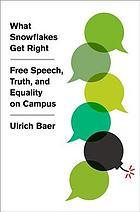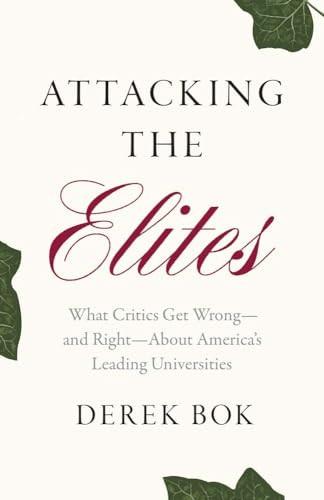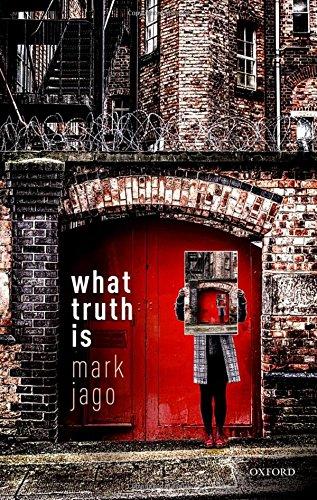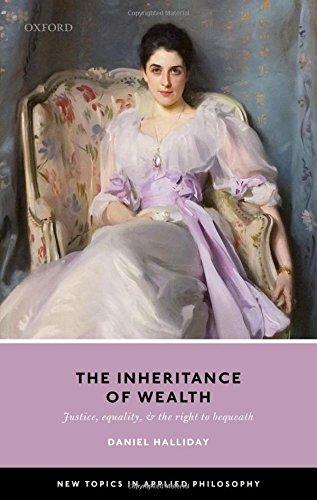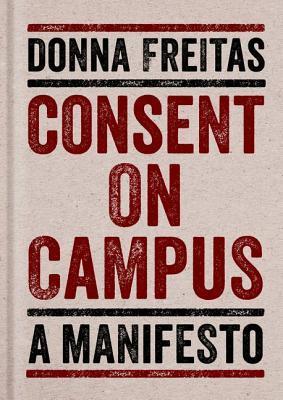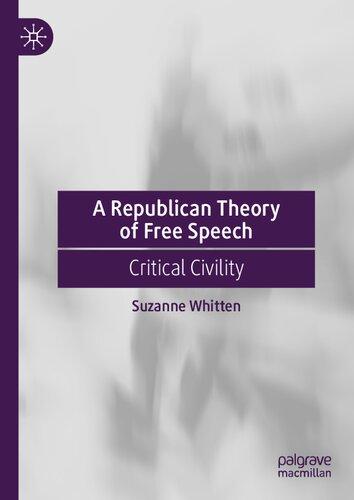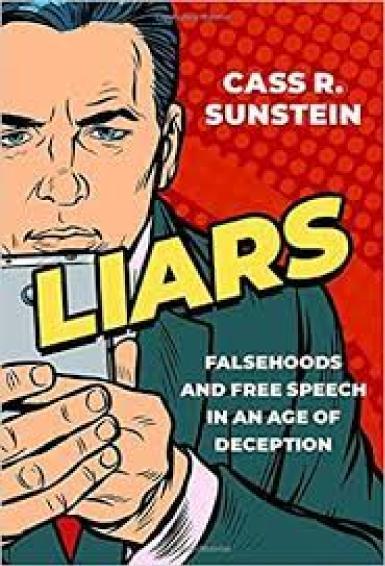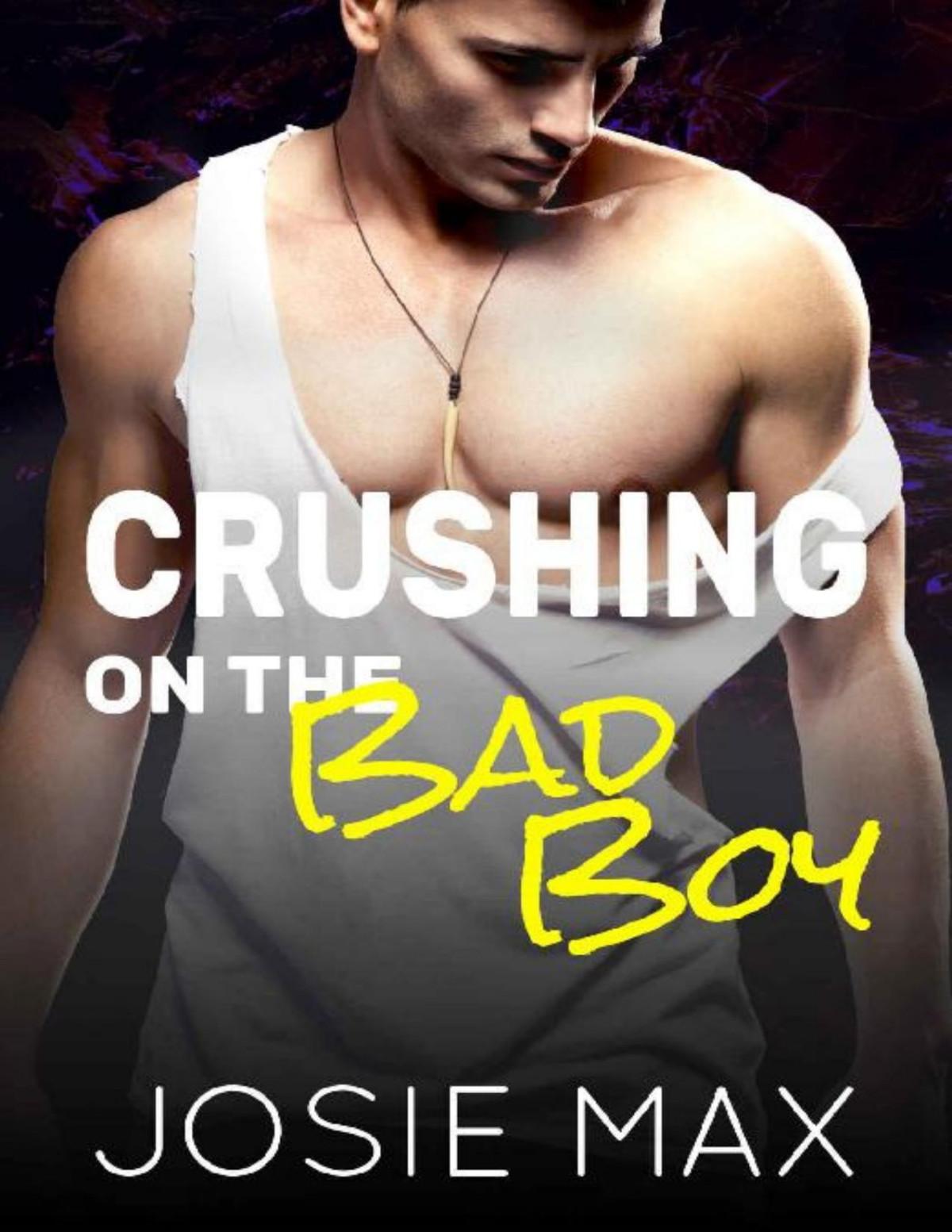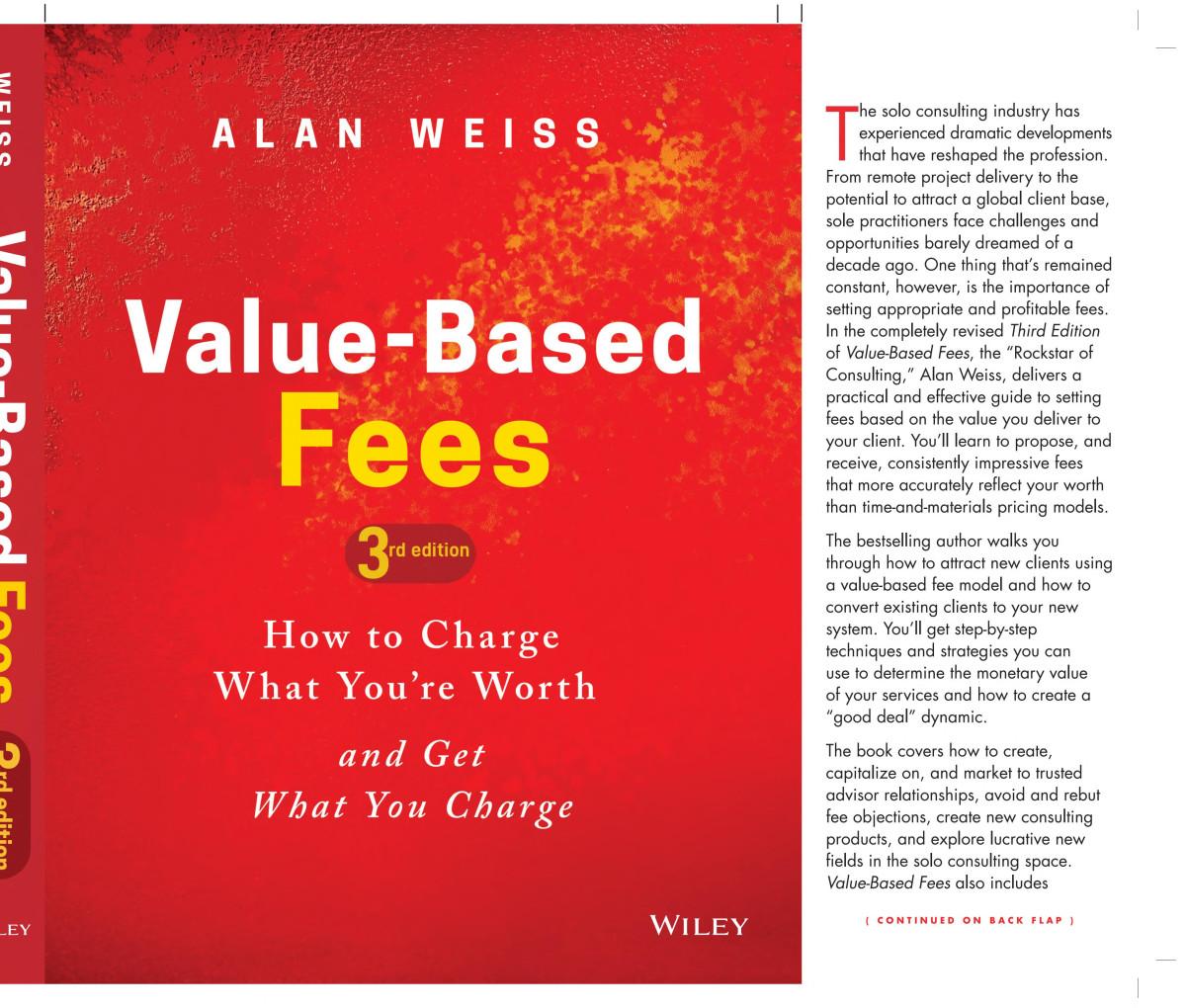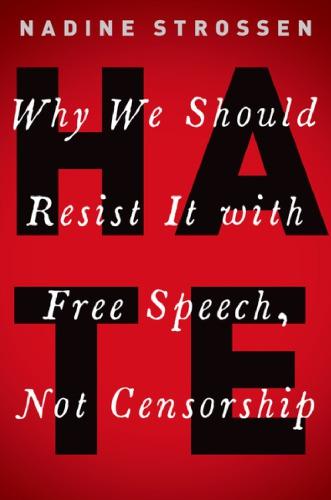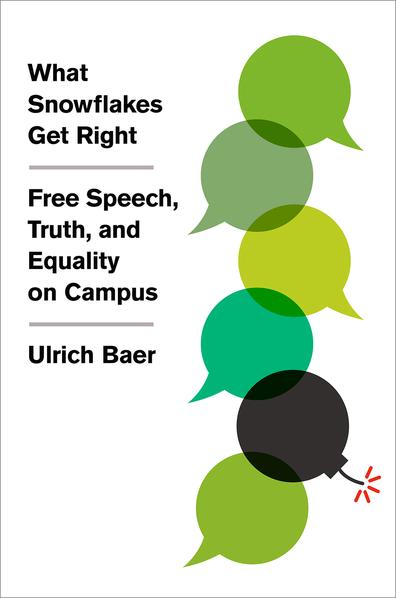PREFACE
Disentangling the Free Speech Debates in the Age of Trump, the Alt-Right, and Campus Protests
Free speech is woven into the fabric of our society, starting with the political protests against the Stamp Act in 1765 that led to the formation of the United States, the ratification of the First Amendment in 1791, the extension of speech rights to all Americans in later amendments, and finally our era when free speech seems to be in need of defense. America rests on the principle that we, the people, have a right to express our opinions without fear of official retribution. We can criticize the powers that be, scream our dissent at any politician we want, and argue for even the most outrageous ideas without danger of the government punishing us. But just as our country and our Constitution were born out of raucous debate that resulted in a compromise of many competing interests, the exact contours of free speech have remained a matter of heated argument. This is an altogether good thing: by leaving open where the line should be drawn between one person’s right to speak
and everyone’s right to equally participate in speech, the Founding Fathers allowed this concept to serve our evolving nation remarkably well.
In recent years, free speech has emerged as a flash point in American public life under conditions the Founders could hardly have imagined. While personal insults pushed the bounds of acceptable discourse in politics, Chelsea Manning and Edward Snowden posted state secrets on the internet. Were these acts of bravery based on any citizen’s right to dissent, or treason? When Colin Kaepernik and other athletes took a knee on the gridiron, was this a quintessentially American exercise of First Amendment rights, or an un-American dishonoring of our country’s ideals? When people demand to be called “differently abled” instead of any other term, “undocumented” instead of “illegal,” “pro-life” instead of “anti-choice,” or insist on the pronoun “they” in the singular rather than “he” or “she,” is this reasonable? Or is it politically correct policing of everyone’s God-given right to speak any way they want? When activists record police actions and post them online, are such recordings protected expression, or violations of the officers’ right to do their jobs without interference? Is donating money to a political campaign a form of protected speech? Is it permissible to use racial epithets in a workplace, or a graphic screen saver on your office computer? Can a baker be compelled to make a cake for people whose lifestyle he considers a violation of his religious beliefs? Is the government suppressing speech when it removes information about climate research from official websites, or when it prohibits language on abortion in federally supported health clinics? Should you be allowed to burn
a cross in your neighbor’s yard? On your own property? What about burning an American flag?
These issues cut across legal, political, and cultural considerations. Not all of them involve the First Amendment, and not all of them can be resolved by our courts. But few of them have generated as much confusion and angry conflict as controversies over speech on campus. Such controversies do not involve all of the legal and philosophical questions concerning speech. Indeed, many legal experts believe that the First Amendment is not the correct lens through which to view or resolve these conflicts, not even for public institutions. But campus controversies are instructive for anyone wishing to defend our personal liberties in a strong democracy based on equality. They foreground the complicated and inextricable link between freedom and equality in the university setting, which exists for a specific purpose. This purpose is the advancement of knowledge, which must be based on respect for the truth and the inclusion of all views based on merit rather than an individual’s identity. Instead of just prompting you to be for or against free speech (neither of which is a philosophically coherent position), campus speech controversies are instructive scenes, or teachable moments, because they take place in an organization set up to create equality among otherwise very different people. While the university is not a political organization, this commitment to equality to which all members agree creates an instructive parallel to democratic life.
“We are not born equal; we become equal as members of a group on the strength of our decision to guarantee ourselves mutually equal rights,” wrote political theorist Hannah Arendt. In a university this is the right to participate on equal terms. What to do when speakers don’t respect the truth,
dispute established facts, and undermine this commitment to equality that undergirds the university and, in a different way, democracy itself?
If a speaker and protesters both use their right to speak, who is to decide which side must back down (if either one does), and who is left with the right to speak and be heard without interference? Where is the line between robust exchange and interference at a university? Where is the line between controversial statements, vile opinion, and incendiary hate speech on campus? Should a speaker be permitted to spew hate, when students are restricted from posting the same language on a fellow student’s door? Should the university allow more speech than other public institutions, even when such speech does not respect the truth, denies established facts, and fails to contribute to the advancement of knowledge or education?
These questions are no longer only intramural concerns that pit students against the older generation, in a pattern as old as education itself. The campus controversies are battles over who gets to decide what counts as the truth, what are proven facts, and what is expertise. First and foremost, these controversies are not about the First Amendment, or anyone’s inherent right to free expression. They are about power: the power to privilege one right over others, the power to dictate what gets studied and taught, the power to determine how language works in specific contexts. They are as much about written rules and legal decisions as about norms of behavior. Most significantly, they are not about offense and resilience, nor about victims and winners. What makes the campus controversies so explosive is that they are as much about how we frame these issues, as they are about a specific situation. At a time when democracies are under threat around
the world, political leaders dispute proven facts or ignore and dismiss the opinions of experts as elitist, the campus speech controversies are not about the hurt feelings of the students, whom former U.S. Attorney General Jeff Sessions dismissed, in 2018, as a generation of “sanctimonious, sensitive, supercilious snowflakes.” They are about listening to the next generation’s deep commitment to our country’s original values, and about strengthening rather than severing the link of free speech and equality that is fundamental to our democracy.
Some of the responses on all sides of the speech debates are a distraction, to be sure. This is only natural when deeply held beliefs and legal abstractions clash with lived reality. It is all the more true when the younger generation is instructed to accept, without questioning, that free speech has been an immutable legal concept in our country since its inception, that the current legal definition of it is the best possible approach, and that merely voicing a concern about the fairness of this status quo amounts to an act of treason. This is, in a nutshell, the message of liberal and conservative self-styled free speech absolutists in response to anyone who questions current legal rulings and social orthodoxy: students will come around to see the wisdom of our courts’ definition of free speech, even in situations, such as private universities, where the courts will not render a decision. They will grow up to learn that protecting hate speech and virulent racism, while regulating other types of speech for different legal reasons, is the best way to protect our democracy. But the students have to come to understand something else as well. They have learned that the legal definition of free speech has changed over time, and that the history of jurisprudence shows that both the court’s and the public’s
definition of free speech are not a static matter. They have also learned that allowing racist speech to flourish does not always flush it out of the country, but that protecting hate speech can also embolden hate groups to act with impunity. They draw attention to the fact that the Trump administration has broken with a decades-old tradition of moral leadership when the president fails to condemn the message of hate groups as un-American, while asserting their legal right to free expression as a fundamental American right.
In the wake of the events in Charlottesville, it has become more evident that hate speech cannot be simply defeated with more speech. It has also become more evident that defending an absolute principle of free speech only works for everyone when the principle of equality is defended vigorously at the same time. Defending free speech as an absolute right, without also rejecting the content of virulent racist and misogynist speech, creates a moral vacuum. It turns free speech into a weapon for a partisan agenda, rather than a neutral principle that serves all equally well. The adage commonly attributed to Voltaire, that I will defend “to the death” your right to say that which I abhor, makes sense only if you indeed state your disagreement. Otherwise, condoning someone’s right to speak, purely on principle, looks like endorsing the speaker’s message. Should the citizens of Charlottesville defend the neoNazis’ right to their death? In light of the terrible events of August 2018, we probably do best to retire what has always been a vapid, misattributed line. In a decision rendered in 2018, Supreme Court Justice Elena Kagan warns against turning the principle of free speech into a weapon for a partisan agenda: “And maybe most alarming, the majority has chosen the winners by turning the First Amendment into a
sword [ . . . ] The First Amendment was [ . . . ] meant not to undermine but to protect democratic governance [ . . . ].”
The risk identified by Kagan of weaponizing the First Amendment, which is a possibility for any fundamental law, is also found in the campus controversies. She cautions us not to turn the law into a one-sided weapon. This means recognizing the university’s role in instilling respect for the facts, for evidence-based knowledge, and for the truth, rather than blindly asserting that being subjected to challenging ideas, even when it involves the circus act of unqualified provocateurs, automatically leads to understanding. Banning any speaker, even those with no academic qualifications or whose views have been debunked, the thinking went, threatens our democracy in more fundamental ways than allowing even the most vile and incendiary speaker to get a hearing. What if those speakers incite speech controversies to undermine the university and democracy itself? Kagan reminds us that free speech can become weaponized to undermine other principles. In the university, such a weaponized conception of free speech, which people often summarize as free speech “absolutism,” can undo the university’s commitment to equality and its central purpose of advancing knowledge and respecting the truth. Ironically, free speech absolutism can lead to a wholesale attack on the truth and on facts, which freedom of expression, in Jefferson’s and Madison’s conception, is supposed to protect.
The challenge of upholding an abstract principle of free speech, without inadvertently condoning the speaker’s message, became apparent in the wake of Charlottesville, when President Trump chose not to condemn the white supremacists unequivocally. Up until hours before the deadly violence, and even after students at the University of Virginia
had been physically attacked by right-wing protesters, conservative and liberal commentators had insisted on an abstract right to free expression even for the Ku Klux Klan and neo-Nazis. But this commitment to free expression was expected to be paired with a strong condemnation of these group’s hateful, vile, and un-American messages. President Trump echoed this kind of free speech absolutism. Then he failed to condemn the speakers unequivocally while defending their right to speak. The resulting controversy revealed the difficulty of maintaining a commitment to free speech as an abstraction that does not become an endorsement of the message. In legal terms, such viewpoint neutrality is a cherished principle. In the academy and real life, as President Trump’s remarks showed, such abstractions do not really work. Defending an abstract idea of speech, without considering the content and context of the speech, does not work outside of the law. The events of Charlottesville, then, are perhaps less about free speech then about violence, intimidation, and terror.
Liberals and conservatives may use the same words but have different understandings of what free speech means in specific contexts. Why do white supremacists and right-wing agitators choose college campuses to hold their rallies? They would surely get a bigger audience if they held their rallies in public parks, or rented out a stadium. Clearly, they do not mean to win an argument on academic grounds, but to score a symbolic victory. This, of course, is the nature of political speech, where the truth is important, but the impact on an audience often matters more.
Campus controversies bring clashing principles into conflict. The aim of establishing the truth, to which the university
is committed, collides with a given speaker’s wish to gain legitimacy for his message. This is also what Charlottesville was about: to legitimate and reopen a question that America settled as an undisputable bedrock principle and guiding promise at its founding. The alt-right does not respect and in fact openly disdains and disparages the university, but it wants its prestige and legitimation. They attack the press as enemies of the American people but expect the same press to provide accurate coverage, and, through this coverage, to validate their views as just another part of genuine public debate.
The alt-right and related groups ignore and openly attack the ground rules of academic discourse, including the absolute prohibition of incitement and deliberately demeaning speech, while expecting the university to grant them a stage based on a free speech principle. These groups have a history of intimidation and incitement, none of which is permitted in a university setting (similar to other public and private settings that enforce rules of conduct). They don’t accept other points of view presented by speakers with equal standing, since their message is that some of those speakers are inherently inferior. But the university, whether public or private, upholds the principle of equality alongside free expression, and not in opposition to it.
To put the point more sharply: Should equality be a debatable principle? Or is Jefferson’s notion an absolute value and non-negotiable precondition of social interactions, in addition to being our nation’s law, to which all Americans must consent? The university powerfully illustrates the absurdity of putting equality up for debate, because academia depends on and is legally required, per Title VI of the Civil Rights Act of 1964 and Title IX, of 1972, to guarantee equal
participation of all of its members to fulfill its mission. If we debate the conditions of speech in this way, we turn the concept of free speech against itself. In this way, the university’s dual commitment to equality and free speech can teach us something about how a democracy of free and equal citizens works .
Free speech controversies are battles not chiefly about a correct interpretation of current First Amendment jurisprudence, which has limited application in the university, as many legal experts agree. They are not so much about our fundamental rights as individual citizens, even though the issue seems to turn on one person’s right to say whatever he wants in any setting. They are also not primarily about the feelings of a generation, which, according to those who draw lines between appropriate and inappropriate modes of disagreement, is overly coddled. The campus speech controversies center on the role of the university as gatekeepers to reliable knowledge, and as arbiters of truth in a democracy. They are about the role of expertise in establishing the truth, and about the independence of academia, akin to that of an independent and free press which must not be forced to publish anyone’s opinions, in determining what is worthy of debate. They are a conflict between an institution that values and protects ideas that serve the purpose of finding the truth, and the public that rightly values speech for additional reasons, because it is entertaining, provocative, or politically effective. A host of non-academic organizations provide considerable legal and financial resources to bring controversial speakers to college campuses. But the aim, in many highly publicized controversies, is not first and foremost to debate ideas. The provocateurs do not want to speak on campus only to hawk their books or to defend the First Amendment, even if they occasionally emerge as
martyrs of this principle and gain support from all sides of the political spectrum, from the American Civil Liberties Union (ACLU) to the Goldwater Institute.
The speakers of our day seek the platform and prestige of universities because a college invitation functions as a tacit endorsement and legitimation of a point of view. It’s a bit like having one’s views accepted by editors for a major media outlet, or a book published by a reputable press with high standards. These speakers could easily present their ideas with a megaphone in a public park or online, which come closest to the notion of a largely unregulated marketplaces of ideas. In any public venue, where speech serves a different purpose than in a university, a speaker can reach many more people than a few hundred or, in extremely rare cases, over a thousand college kids. But speakers seek out the university because that is where some of the rules are made about what counts as legitimately established knowledge, and what ideas are simply bunk. It is this function of the university of vetting and legitimating knowledge, with the aim of winnowing truth from settled falsehoods, that makes the speech debates so important.
What gets discussed in universities and published in academic journals may seem arcane and utterly removed from real-world concerns. But this process establishes a truth according to norms and rules that value expertise and genuine debate over political and actual power. Of course even academia is not free of such matters, but its fundamental principle is not to let power decide what counts as reasonable and what is merely bunk. This is why the free speech debate specifically at universities deserves special consideration: it is a struggle over what constitutes a legitimate matter to be discussed by our society, and what is a crank idea that might
flourish online but does not merit serious study and debate. Although the site of these disputes is academia, the matter is universal. It concerns the university’s special role in a free and democratic society of finding a truth that is independent of raw power, namely through structured debate that is based on reason and evidence.
Even the most dramatic speech controversies are side shows compared with this deeper, more significant and consequential struggle over how to decide on what counts as true or false in public life. On the internet, few filters screen truth from falsehood, even if media companies also exercise their right to control content. In our current moment, when the news is regularly attacked as fake, and confirmed scientific findings are directly denied by political leaders, when ignorance and unreason can signal autonomy and independent thinking, as Tom Nichols diagnoses in his book The Death of Expertise, this role of setting guidelines for establishing the truth based on reason is the ultimate prize. Speakers travel to campus not to enforce First Amendment principles or to debate. Victory means simply going on stage, regardless of credentials or the academic consensus in any given field, since a campus visit means challenging the university’s function in society of creating rules on how to determine the truth. What is presented as fighting political correct pieties, of which universities certainly have their share, is in reality an attack on expertise. Often, the campus controversies are also frontal attacks on America’s foundational principle of equality, without which the idea of any individual’s freedom of speech is rather meaningless. Here I draw chiefly on Catharine MacKinnon’s incisive link of speech law and equality law, which proves indispensable for any serious consideration of the role of free speech in
democratic institutions and society at large. What we need to disentangle in the speech debates are how the principle of free speech relates to academic inquiry, how the university’s mission of advancing knowledge depends on the equal participation of all, and what assumptions underlie these separate but related processes.
In his visionary conception of a democratic republic, Thomas Jefferson insisted that education was the tool to guide the masses whom we rightly entrust with great political power, but who would tend to abuse such power unless properly educated. In the preamble to “A Bill for the More General Diffusion of Knowledge,” Jefferson counseled that “the most effectual means of preventing [tyranny] would be, to illuminate, as far as practicable, the minds of the people at large.” At a moment when public trust in the recognized arbiters of truth, namely serious journalism and science, is directly attacked by political leaders, this Jeffersonian purpose of education, of learning how to tell truth from falsehood in a society of free and equal citizens, seems all the more crucial. Like the media, publishing, and science, universities are in the business of teaching people, in ways Jefferson probably anticipated, how to distinguish between truth and lies, between verifiable facts and alternative realities. The framers feared a situation where raw power determined the truth, which means the basic political organization of our lives. Educating citizens and protecting their capacity for dissent are related projects; free speech was intended, by Madison and Jefferson, to lead to a better outcome for all—and not to protect ignorance, falsehood, and raw power masquerading as dissent.
A key dimension of this process is robust debate in the pursuit of knowledge. But this process is not a free-for-all
where all ideas are included without any standards, and anything is up for debate. Our constitutional protection of free speech assures that individual citizens can voice political dissent without fear of punishment. At a time when the press and science are under severe attack, we must do everything to safeguard this principle. But for our efforts to be effective, we must clarify how free speech depends on an equally powerful notion of equality, and how the university invites robust debate for the sake of advancing knowledge. We must spell out how the principles of free expression, lawful equality, and respect for the truth are distinct but interdependent values in a free society. The campus debates serve as an important opportunity to disentangle these critical issues for our time.
FREE SPEECH AND THE UNIVERSITY
What Is at Stake
THERE IS WIDESPREAD CONFUSION ABOUT the role of the university in regulating offensive speech. The speech debates on campus have been unhelpfully framed as a conflict between America’s exceptionally broad and absolute conception of free expression, and overly sensitive students. The perception that results is that our constitutional rights are being sacrificed to spare the feelings of politically correct and coddled students who refuse to engage with controversial topics, or simply viewpoints with which they disagree. This idea should give even those partial to the students pause. Indeed, nobody should be forced to compromise our constitutional commitment to freedom of expression because of hurt feelings. But such a choice is misleading. The speech debates on campus are not about destroying our Constitution for the sake of sensitivities. Instead, we are faced with tough questions about individual rights and speech that materially undermines equality guarantees on which the university, and our democracy, rest. But there is a way of disentangling
these issues that does not force us to decide in favor of speech over equality. It is not only the case that a line can be drawn; in rare instances, a very narrow line must be drawn so that speech does not become a rigid abstraction that overrides the university’s mission and, instead of supporting that mission, produces the exclusion it stands against. Many people assume that in order to arrive at the truth, universities should allow any and all ideas to be openly debated, and that regulating speech flies in the face of this commitment to open inquiry. But recent campus controversies make obvious that the principle of open inquiry must be followed with a bit more nuance.
LET EVERYONE SPEAK
The need for clarity came into sharp relief after three people died and over 30 were injured in connection with a white supremacist rally in Charlottesville, Virginia, that followed a march and rally by the same people on the campus of the University of Virginia on the previous evening. The American Civil Liberties Union (ACLU), along with nearly all liberal and conservative media outlets, had defended the neo-Nazis’ right to a rally in a particular area, from which the city had sought to move them over safety concerns. “The Jews will not replace us,” several hundred people chanted while marching across campus, some sporting helmets, and many carrying tiki torches, guns, and batons. “Whose streets? Our streets!,” they shouted. The price we have to pay for our rights, many commentators said before the rally, is to tolerate hateful, vile, and divisive chants. Defeat such speech with better speech, others said. But after three deaths, many serious injuries,
and legal convictions for first degree murder, the white supremacists’ invocation of their First Amendment right to march on campus begins to look like a weapon to destroy our cherished principles, and not a necessary instrument to ensure open and robust debate.
In remarks after the event, President Trump appealed to the principle that we must allow all perspectives to be heard. He condemned “hatred, bigotry and violence, on many sides,” and, after an outcry from politicians and pundits across the political spectrum that he had failed to condemn the neo-Nazis, clarified the statement in which he had identified “very fine people” among the alt-right. While President Trump’s phrasing was folksy rather than philosophically nuanced, and while he sought here as in other instances to dismantle a politically correct idea, the president echoed what commentators of all political stripes had said a day before the deadly rally. Everyone is entitled to express his or her opinion regardless of how foul or vile, free speech absolutists had insisted. The university, where the alt-right held the first rally, must host speakers from all sides, including neo-Nazis and the Ku Klux Klan. The legal concept of “viewpoint neutrality” should regulate our attitude toward speech in all contexts. We should maximize speech from all perspectives, since knowledge is never complete and today’s errors may prove to be tomorrow’s wisdom. Then the president’s comments, although they echoed this content-neutral stance toward speech, were condemned by commentators and politicians on all sides. What had changed? When the nation’s leader declined to place virulent racist ideas beyond the pale of acceptable political discourse, his defense of the white supremacists’ legal right to speak, which free speech absolutists have invoked after each
campus controversy, suddenly looked not like defending an abstract constitutional principle but like condoning and endorsing the speakers’ views.
NO SIMPLE ANSWERS
After the carnage in Charlottesville, it became evident that the battle over speech on campus is not necessarily a matter of sheltering sensitive students from controversial views. The violence tragically highlighted that these situations, which have roiled many campuses, are not simply resolved by invoking abstract principles. The principle of absolute speech rights that override all other concerns, to which the president alluded in his comment, “on many sides” without condemning one of these sides, is of limited use when having to make actual decisions in a specific context. Often, the challenge amounts to resolving a volatile situation on the ground where legal solutions do not provide all of the answers, but moral leadership is required. In my roles in the university and through in-depth conversations with leading experts and students at a range of institutions, I have learned that there are not always simple answers, and that in most cases, all sides on the speech debate wish to make not only important but indispensable contributions to the community. When a student group issues an invitation to an incendiary speaker, either in the belief that the speakers share their commitment to reasoned debate, to challenge what they view as politically correct sensitivities, or to introduce these ideas into a wider forum, high-minded appeals to jurisprudence are of limited help. When another group protests such a choice, they also act in the belief that they are defending the
university’s commitment to truth and reasoned debate. For the first group, equality is a matter of debate; for the second group, equality is the non-negotiable condition of debate. The question is: Is this really a choice? Or does the university compromise its very mission and purpose, which is something the courts have always recognized as worth defending, when allowing one principle of absolute speech rights to override another one, of equal participation?
While the Supreme Court’s decisions structure our public debates and to some extent guide everyday behavior, it has become obvious that regulating speech only after violence has occurred leaves universities dangerously exposed. If legal rulings could never be challenged, and if the courts were also the legislators, it would be akin to living under totalitarian rule, rather than the rule of law. This is why the courts regularly hear new cases and revise earlier rulings, based on their best interpretation of foundational texts and our laws. But there is a way of unpacking these issues, even if they seem intractable at first glance. It is possible to draw a line between what speech must be permitted, and which ideas do not merit debate in the university. This can be done without compromising either the university’s commitment to equal and unfettered debate, or our nation’s laws and principles.
IT IS NOT A MATTER OF OFFENSE
To do so, we need to understand that the key issue in these debates is neither offended feelings, nor is it political correctness. In fact, the framing of these issues as matters of political correctness has become misleading ever since that
term has become shorthand to ridicule those who advocate full equality in the university setting. Although the media frequently highlights angry students, their emotions are not central here. Neither are safe spaces, speech codes, and trigger warnings, which are far less prevalent at our nation’s roughly 1,700 public and 2,500 private two- and four-year colleges, than news stories would imply. Safe spaces have existed for as long as modern universities have offered gathering places for students of a non-dominant faith, for instance a Catholic center or Hillel, or dormitories segregated by gender. Speech codes are meant to regulate behavior just as rules regulate conduct in any workplace, and it is an open question whether attacking such codes on legal grounds truly benefits the university’s functioning. The presumption in any attack on speech codes, trigger warnings, and safe spaces is that there was once a status quo prior to such rules that was natural and Edenic. But universities are, in their essence, a community’s voluntary submission to rules that promote certain goals. The fear is that any new regulation, such as trigger warnings, speech codes, or safe spaces, worsens the existing state of affairs. The question is not whether rules should exist. Rather, the idea is that new regulations will exacerbate rather than alleviate distortion because of wrong motives. Let’s be clear here: trigger warnings, speech codes, and safe spaces are intended to afford all students, and especially minorities, equal learning opportunities. Their intent is not censorship, as is often asserted in the hunt for motives. But their motive is indeed political, as many critics of such rules insist. Equality concerns are always political. The debate is whether new rules improve or worsen the status quo, or whether not changing the rules leaves intact the comforting illusion that until quite recently, universities had no
rules at all, or that the rules of yesteryear worked perfectly for everyone.
Even speech absolutists recognize that posting hate symbols on a particular student’s dorm room door crosses the line from free expression to incitement. Taking into consideration the impact of disturbing content before screening it in class, for instance a graphic video of human pain and suffering, is commonsensical behavior. Indeed, an early proponent of trigger warnings is Aristotle, who warned that excessive exposure to cruelty can dull our moral faculties. There are countless controversial topics debated in colleges around the nation on a daily basis, without resulting in press coverage and charges of constitutional decline. Many challenging curricula question reigning orthodoxy according to academic protocol. The fierce debates over what constitutes an appropriate curriculum have long been part of university life. There is no simple answer when students challenge the selection of texts, and there is no inherently neutral, static position from which to proclaim some texts to be unacceptable, or useless, and others indispensable. The students are entitled to an explanation of why certain texts matter (which is the very point of teaching), just as faculty are entitled to choose what they teach. When students deploy the same bullying tactics they decry in conservative agitators, their behavior is unacceptable. But they certainly have a right to an explanation of the rules, rather than be told that adhering to existing rules, which had not been designed for many of them, serves them best. What’s changed is that today’s students can amplify their voices via social media, while previous generations battled for their rights on different terrain. But the tactics of students are not directly equivalent to those of people with institutional power. They are by definition
